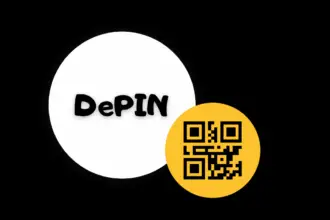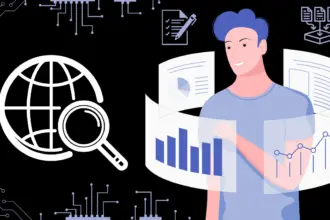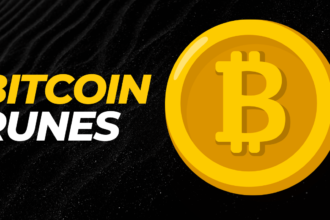
Blockchain technology has the potential to revolutionize a wide range of industries and change the way we live and work. In this article, we’ll explore some of the ways that blockchain can change the world and the implications of these changes for individuals, businesses, and society as a whole.
One of the most significant ways that blockchain can change the world is by enabling secure, decentralized digital transactions. Traditional financial systems rely on a centralized authority, such as a bank, to process and verify transactions. This centralization can be problematic, as it gives a single entity a great deal of power and control over the system. Blockchain, on the other hand, allows for transactions to be processed and verified by a network of users, rather than a single central authority. This decentralization can help to reduce the risk of fraud and increase the transparency of transactions.
Another way that blockchain can change the world is by enabling the creation of new types of digital assets. Blockchain technology allows for the creation of digital tokens, which can be used to represent a wide range of assets, including currency, stocks, and even real estate. These digital assets can be easily transferred and traded, making it easier for individuals and businesses to access and invest in new types of assets.
Blockchain can also change the world by enabling the development of new types of decentralized applications (dapps). Dapps are applications that run on a blockchain, rather than on a single central server. These applications can be used for a wide range of purposes, from social networking to gaming to voting. Because dapps are decentralized, they can be more secure and more resistant to censorship than traditional applications.
Perhaps one of the most important ways that blockchain can change the world is by increasing transparency and accountability in various industries. For instance, by using blockchain technology, it’s possible to create a tamper-proof and unchangeable digital record of transactions, making it much harder for businesses to engage in fraud or corruption. This increased transparency can help to promote trust and confidence in businesses and governments, which can lead to more efficient and effective operations.
Another way blockchain technology is changing the world is by providing a more secure and efficient way of managing supply chains. Blockchain allows for real-time tracking of products as they move through the supply chain, making it easier to identify and resolve issues such as counterfeit products, lost or stolen goods, and inventory errors. This can help to reduce costs and improve the efficiency of supply chains, which can benefit both businesses and consumers.
One key example of how blockchain can change the way we live and work is through the use of smart contracts. Smart contracts are self-executing contracts with the terms of the agreement written directly into lines of code. They are stored and replicated on the blockchain network, making them tamper-proof and transparent. Smart contracts can be used to automate a wide range of processes, from financial transactions to the handling of legal documents. They can also be used to create decentralized autonomous organizations (DAOs), which are organizations that are run by code rather than by people.
In conclusion, blockchain technology has the potential to change the world in a number of ways, from enabling secure, decentralized digital transactions to increasing transparency and accountability in various industries. As blockchain technology continues to evolve and be adopted, we can expect to see even more revolutionary changes in the way we live and work. However, it’s important to recognize that blockchain is still a relatively new technology, and there are many challenges that will need to be overcome for it to reach its full potential. Nevertheless, the future of blockchain technology is promising, and it is definitely something to watch out for.










